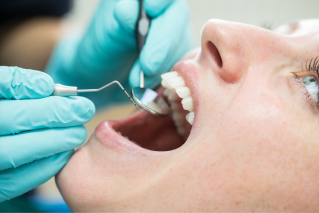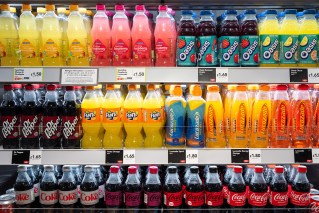Scientists rank the best and worst foods for our health using new algorithm

It is widely understood that some foods are better for our health, while others should be avoided, but scientists have now created an algorithm to definitively rate the healthfulness of what we consume.
Researchers from the Friedman School of Nutrition Science and Policy at Tufts University in Boston, Massachusetts have devised a new method of ranking foods by their health benefits, and the results are as we all expected.
Nuts and seeds, raw fruits and vegetables and plain Greek yoghurt all scored well, while soft drinks, marshmallows and white bread scored badly.
But the science also took into account the processing of foods, for example, fruits inside desserts were scored separately (and significantly worse) than raw fruits.
Dean of the Friedman School and lead author of the study, Professor of Medicine Dariush Mozaffarian, said the Food Compass promises to change the way we view food.
“Once you get beyond ‘eat your veggies, avoid soda,’ the public is pretty confused about how to identify healthier choices in the grocery store, cafeteria, and restaurant,” Dr Mozaffarian said in a statement.
“Consumers, policy makers, and even industry are looking for simple tools to guide everyone toward healthier choices.”
The result of three years’ research, the Food Compass used an algorithm which broke each item down by 54 categories or attributes, including nutrient levels, calories, salt, sugar, additives and processing.
The study profiled 8032 foods and drinks, with each given a score from 1 to 100, with 100 being the most healthful and 1 the least.
Here are some of the best and worst foods and drinks for our health based on the Food Compass scoring system.
The key differences in the Food Compass profiling system, according to Nature Food, included:
- Considering both the healthful and harmful factors equally
- Incorporating recent research on nutrients, food ingredients, processing characteristics, phytochemicals and additives
- Objectively scoring all foods, beverages, mixed dishes and meals using one system
Dr Mozaffarian told The Times his team plans to use the algorithm to rank up to 80,000 foods and drinks and then study how the food scoring system affects users’ health.
“We want to see how it affects their blood pressure, their weight, overall health and even their risk of death,” he said.








